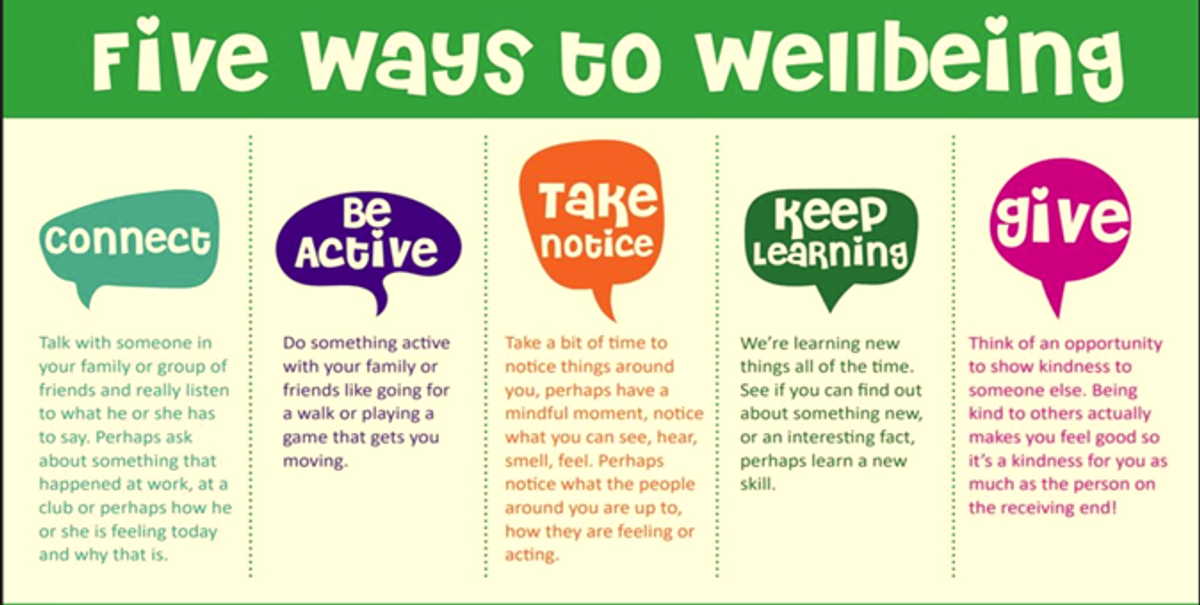Wellbeing Matters
Creating Futures Together

Wellbeing Matters
Creating Futures Together


Celine Tsang-Student Wellbeing Leader/Counsellor
Celine.Tsang@education.vic.gov.au


Fosia Mohamud-Mental Health Practitioner
Fosia.Mohamud@education.vic.gov.au


Madeline Mitchell- Art Therapist/Counsellor
Madeleine.Mitchell2@education.vic.gov.au


Annette Paterson- PSD Coordinator (Program for Students with Disabilities)
Annette.Paterson@education.vic.gov.au
Our goal is to provide a safe and supportive space where students wellbeing and mental health are our top priorities. We encourage both parents and students to reach out early if there are any concerns so that we can offer timely interventions. Please be assured that counselling sessions are strictly confidential unless safety risks are identified. Parents can contact our Learning and Wellbeing Leaders to discuss concerns and initiate referrals.
For students, your first point of contact is your teachers and the relevant Learning and Wellbeing Leaders. Students can also self-refer for wellbeing support using our student referral form Click Here. The referral forms are also accessible through the wellbeing office, which is open to all students. A member of the wellbeing staff will get in touch with you as soon as possible to schedule a session.
As we head into the colder seasons, it's not just the temperature that drops; for many, so does their mental health. Seasonal affective disorder (SAD) and general declines in mental well-being are common during the colder months, and teenagers are particularly vulnerable to these changes. However, with the right support from parents and access to resources, teens can navigate these seasonal shifts with resilience and strength.
Understanding Seasonal Mental Health Declines
Seasonal mental health declines, often associated with SAD, can manifest in various ways, including:
Low Mood and Energy: Seasonal affective disorder (SAD) often brings a persistent feeling of sadness, hopelessness, or emptiness. Teens may also experience a significant decrease in energy levels, finding it challenging to complete daily tasks or engage in activities they once enjoyed.
Changes in Sleep Patterns: Disruptions in the body's internal clock due to decreased sunlight can lead to disturbances in sleep patterns. Teens may struggle to fall asleep at night or find themselves oversleeping, leading to fatigue and irritability during the day.
Decreased Motivation: The lack of sunlight and colder weather can sap motivation, making it difficult for teens to initiate and sustain activities. This decline in motivation can impact academic performance, social interactions, and overall well-being.
Increased Irritability: Seasonal changes can exacerbate feelings of irritability and agitation in teens. They may become easily frustrated, have difficulty concentrating, and experience conflicts in their relationships.
Open Communication: Encouraging teens to express their feelings and concerns fosters a sense of emotional safety and support. Listening without judgment and validating their experiences can help teens feel understood and valued.
Establish Routine: Consistency and structure provide a sense of stability. Establishing a daily routine that includes regular meal times, exercise, and sleep schedules can help regulate mood and energy levels.
Encourage Physical Activity: Physical activity is a powerful tool for improving mood and reducing symptoms of depression. Encourage teens to engage in activities they enjoy, whether it's going for a walk, dancing, or playing a team sport.
Healthy Eating Habits: A balanced diet plays a crucial role in maintaining overall health and well-being. Encourage teens to consume nutritious foods rich in vitamins, minerals, and antioxidants, which can support mental health and resilience.
Limit Screen Time: Excessive screen time, particularly before bedtime, can disrupt sleep patterns and exacerbate feelings of anxiety and depression. Encourage teens to engage in offline activities and set boundaries around screen time usage.
Seek Professional Help if Needed: If symptoms persist or significantly impact daily functioning, seeking support from a mental health professional is essential. Therapy, medication, or other interventions may be necessary for managing seasonal mental health declines effectively.
As the colder season sets in, it's essential for parents to be vigilant about their teen's mental health and provide support as needed. By fostering open communication, establishing healthy routines, and accessing available resources, families can help teens navigate seasonal mental health declines with resilience and strength. Remember, seeking help is a sign of strength, and there are plenty of resources available to support families through these challenges.


Our local Headspace Syndal Centre has NO WAITLIST at the moment. You can self-refer to get your young people in straight away! Contact details:
Address: 265-267 Blackburn Rd, Mount Waverley VIC 3149
Hours: 8:30am-5pm Weekdays
Phone: (03) 8552 0800
Headspace: 24/7 phone counselling service for 12 to 25-year old’s.
P: 1800 650 890 www.headspace.org.au
E-Headspace: 24/7 online counselling service for 12 to 25-year old’s.
www.eheadspace.org.au
Beyondblue: 24-hour Phone and online counselling for mental health.
P: 1300 22 46 36 www.beyondblue.org.au
Beyondblue also have a series of podcasts on various topics.
https://www.beyondblue.org.au/get-support/not-alone
Lifeline: 24-hour phone crisis support and suicide prevention services.
P: 131 114 www.lifeline.org.au/get-help/online-services/crisis-chat
Kids Help Line: 24/7 free phone and online counselling for 13 to 25-year old’s.
P: 1800 55 1800 www.kidshelpline.com.au
Fosia Mohamud
On behalf of the Wellbeing Team